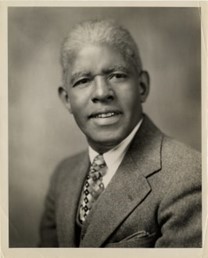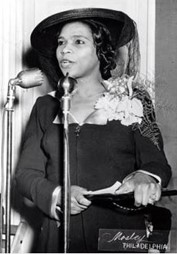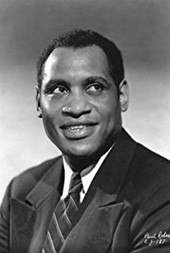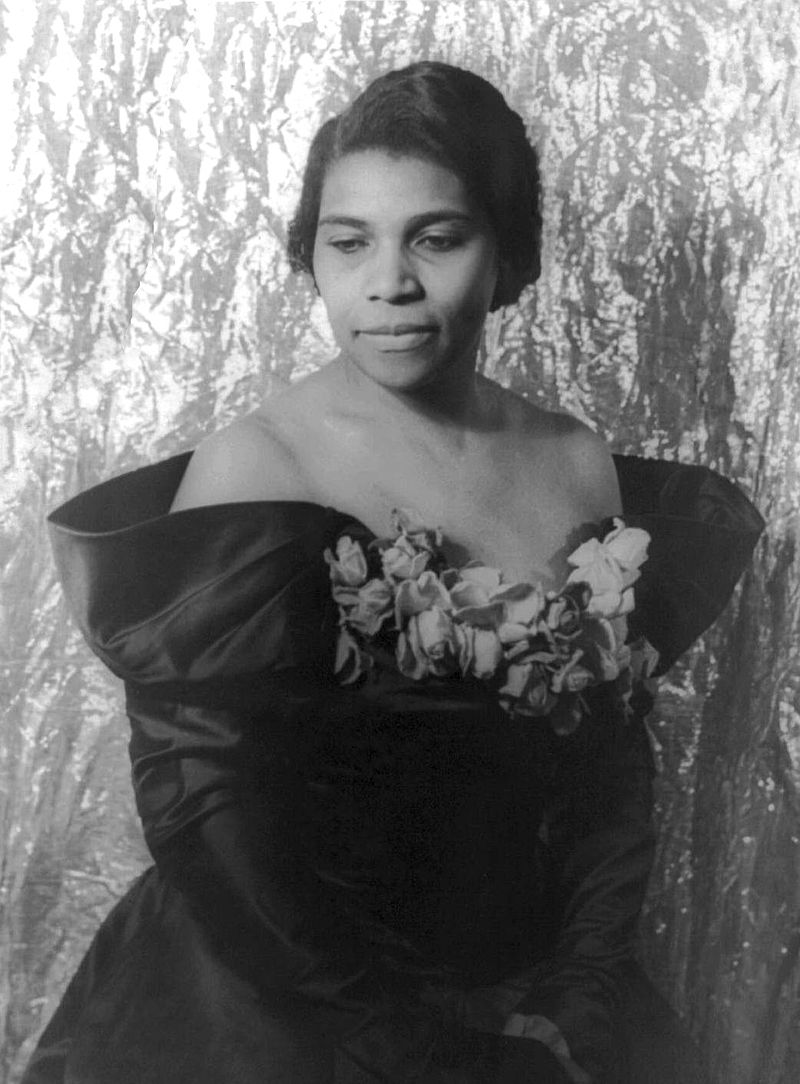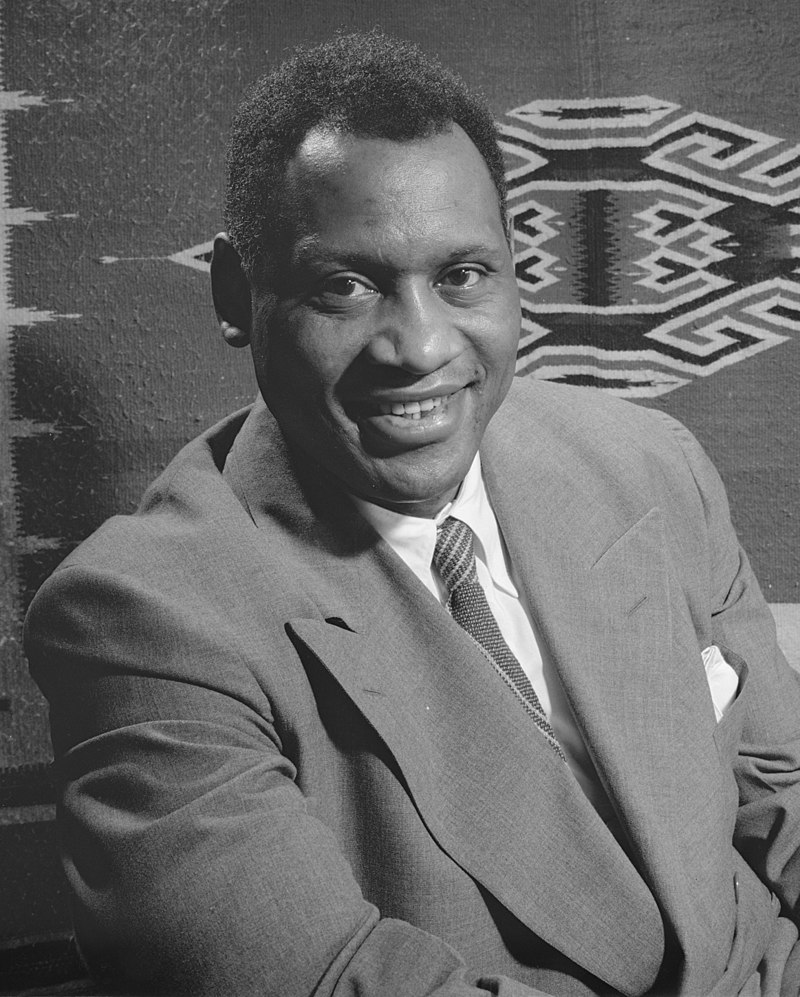
Three Musical Performers Who Trailblazed the Path of Singing Concertized Spirituals to an Integrated Audience
| ROLAND HAYES (1887-1997) |
MARIAN ANDERSON (1897-1993) |
PAUL ROBESON (1854-1914) |
|---|---|---|
|
|
|
|
| Lyric Tenor and Composer | Operatic Contralto | Bass Baritone |
| Learn More | Learn More | Learn More |
These three musical artists, along with many others, broke down many segregated walls and integrated the concert halls during the 1920s and 1930s. Hayes expressed his musical philosophy in an interview he did in 1947 for the Christian Science Monitor by stating:

When I began my career, I realized that if I would speak to all men, I must learn the language and the ways of thought of all men. What good could I do if I knew only my own ways and the thoughts of my own people? So, I learned to sing the songs of all people. … The song I sing is nothing. But what I give through the song is everything. I cannot put into words what I try to do with this instrument that is nearest to me-my voice. If I were to frame it in words, I would lose some of the ability to make it effective.
-Roland Hayes

Here is an account published by a local newspaper after one of Hayes's recitals in Germany shortly after World War I, where he had to put his musical philosophy into motion:

[T]he calamity of a Black man coming into Germany and defiling the great names of music and poetry, a man who at best can only remind us of the cotton fields of Georgia.
When the Black tenor [Roland Hayes] walked onto the stage at Beethovensaal in Berlin, the entire auditorium was blacked out with the exception of one light on the platform. A volley of hisses began. Hayes moved to the bend in the piano where he stood patiently for twenty minutes. Finally, he leaned slightly toward his accompanist and asked him to play [Franz] Schubert's 'Du Bist die Ruh,' a song revered by the Germans. Immediately there was silence, and Hayes began to sing so quietly as to be almost inaudible. When the song ended, thunderous applause burst forth. The audience belonged to Roland Hayes. At the close of the recital, those same people lifted him to their shoulders and carried him forth.
(Marr 1974, 188)

In short, Hayes spoke their language! He had broken down barriers.

[He] was a groundbreaking figure in the field of music who helped pave the way for classical African American artists such as Marian Anderson, Paul Robeson, [along with] Leontyne Price, Simon Estes, William Warfield, and George Shirley to name but a few. In a television documentary titled The Musical Legacy of Roland Hayes, William Warfield recalled a conversation with Hayes, who advised African American singers: 'I started all this...Now, you can't stop where I stopped; you've got to go on.
(YourDictionary.com)

Listening Exercise: Listen to the following arrangements by Roland Hayes titled "Lit'l Boy," and the work by Franz Schubert titled "Du Bist Die Ruh." After listening, make notes about the musical style of each work.
Questions to get you started are
- How are these pieces different-dialect and language?
- How is the concertized spiritual different from the folk spiritual?
- How are the pieces different in the story that is told?
- Diagram the textual rhyme scheme of both the spiritual and the German lied.
- Which version of "Lit'l Boy" got your attention? Explain why by giving at least three tangible reasons.
- Can you hear the call-and-response in "Lit'l Boy?" Please explain how this is worked out in both and singing and the accompaniment. If you are stumped on answering this question, Roland Hayes's statement that he made in 1948 may be helpful. He states, "[F]rom my African friends in London, and later from African visitors to my home, I learned how instrumental effects are sometimes implies in the vocal characteristics of older Aframerican folk song. These and other studies I have drawn upon in some of my accompaniments" (Hayes 1948).
|
Listening Exercise |
"Lit'l Boy" by Roland Hayes |
Version 1 |
| Lit'l Boy By: Roland Hayes (Performed by Patrick Dailey) |
Version 2 | |
| Lit'l Boy)
By: Roland Hayes (Performed by Inez Matthews) |
Version 3 | |
| Du Bist Die Ruh
By: Franz Schubert (Performed by Roland Hayes) |






